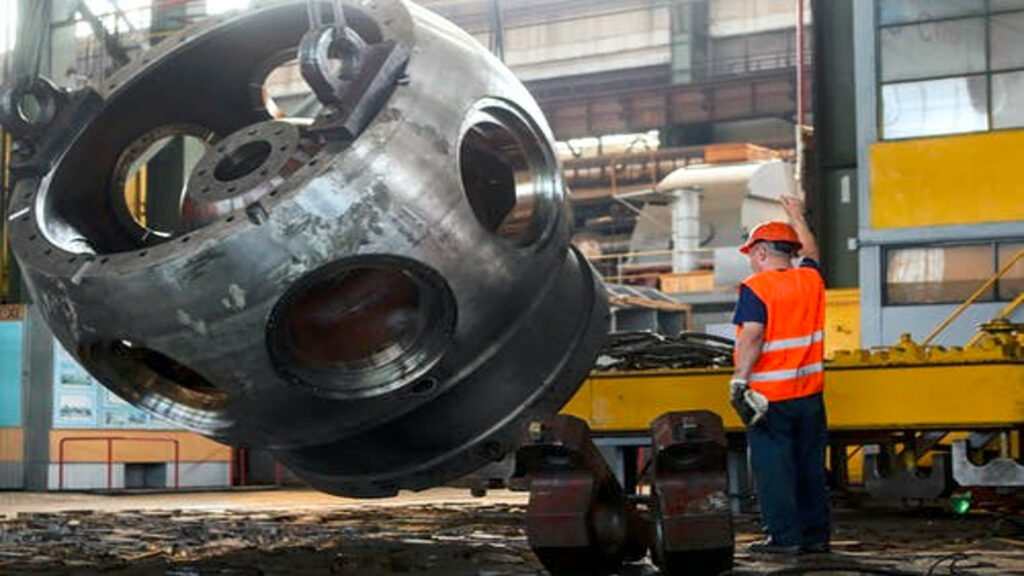A brilliant product typically owes a great deal to a whole cast of unsung heroes who don’t get the praise and appreciation they deserve for their hard work and smarts. It’s time that changed, writes Erin McDermott
Many brilliant products only exist because of critical work done by ‘little guys’ in the development ecosystem. Yet suppliers, machine shop pros, line workers and hardware start-ups often get little credit, while the reputations (and egos) of giant-sized players continue to inflate. So, let’s take a moment to appreciate the unsung heroes!
When it comes to talking about the suppliers and service providers of all sizes that feed the Apples, Amazons, Fords and SpaceXs of the planet, I speak from experience.
Formerly, I designed optics for headlamps at a Tier 1 automotive supplier. After that role, my boss at my next, unrelated job mentioned to me that all companies like GM, Ford and Chrysler have their own in-house optical engineering expertise, enabling them to develop illumination without outside assistance.
I said that wasn’t true. He said I didn’t know what I was talking about. Then, I reminded him that designing optical systems for these companies was literally my previous job, precisely because they didn’t have the knowledge to do it themselves.
Later, as the owner of a service provider to leading manufacturers, I learned that vendors are often contractually forbidden from mentioning what work we do.
Sometimes, we can’t even hint at who our clients are without facing a lawsuit!
The inability to show off our work makes it difficult for us small fries to grow. What’s more, it lends to the false impression that the Goliaths are gigantic because they gobbled up all the best talent in the world. In reality, lots of little experts stand in the giant’s shadow to prop them up.
A huge blind spot
While I find it wild that those of us working in product development don’t realize how many key players are hidden, I too had a huge blind spot until recently. Last year, I interviewed the founder of Hooke Audio about his latest successfully crowdfunded product, a wireless lav mic. I asked Anthony Mattana, “This seems like such an obvious and relatively easy product for an Apple-sized company to make, so why don’t they?”
That’s when Mattana enlightened me on something that should be obvious. Companies that first make a name for themselves by being innovative, daring and cutting-edge lose these traits as they age and get bigger.
I thought about products I see gigantic manufacturers push out today versus at their beginning and had to admit that today’s new releases come with much less of a ‘wow factor’.
This founder told me large companies with stockholders to satisfy often let smaller hardware start-ups take on the risk. They watch start-ups fail while taking careful notes. When a few start-ups succeed with a product that makes sense for their line, they can do one of two things. The big guy might offer to buy the small guy. More often, however, a big company throws its huge, unmatchable development budget at creating its own version of the vetted, market-tested product. In either case, the big manufacturer gets the credit that we actually owe to the original hardware start-up.
Unsung heroes – Time to shine
Lastly, let’s shine some light on the most hidden champions: the lab techs, machine shop workers and line workers. These people have been on my mind lately, as my favorite former factory worker, my Dad, recently passed away.
My father’s education was interrupted, and I often wonder where he might have otherwise ended up. He would have made a terrific ‘official’ and degreed engineer, as his father was. Unofficially, he already was one in my mind.
He did a lot of clever things beyond his pay grade, and one was to design an adaptation for a machine he ran to keep it from jamming. After engineers were shipped in from other facilities to fix the unfixable process, and failed, Dad out-engineered them all. Seeing this as a child, I knew not to take much stock in degrees from top universities and to appreciate all the players.
This perspective aided me whenever I worked alongside line workers as an engineer. A line crew would first accuse me of being ‘fancy’ and snobbish, because of my position. I’d reply that I knew how hard they worked and how important their jobs were, because my Dad worked on a line, too. After that, I’d immediately be given the social OK from the group.
However, there was more to it than lip service. While working in research, many times, the machine shop guys invented an ingenious prototyping hack when progress halted. In development, the lab technicians’ extra efforts often saved the day.
When these heroes came through, I was always quick to give praise – in part, because I wasn’t in shock over where these key efforts came from. That recognition, in turn, helped us form more solid working relationships.
So, the next time you appreciate something about a product, lend a thought to the little guys that made it possible. It might just indirectly help you in your own career one day!
Get in touch: Erin M McDermott directs optical engineering at Spire Starter, helping hardware engineers who don’t know that things using light (cameras, LED illumination, laser processes and so on) need competent design, optimisation and tolerancing, just like the rest of their widget.
Get in touch at spirestarter.com or @erinmmcdermott






